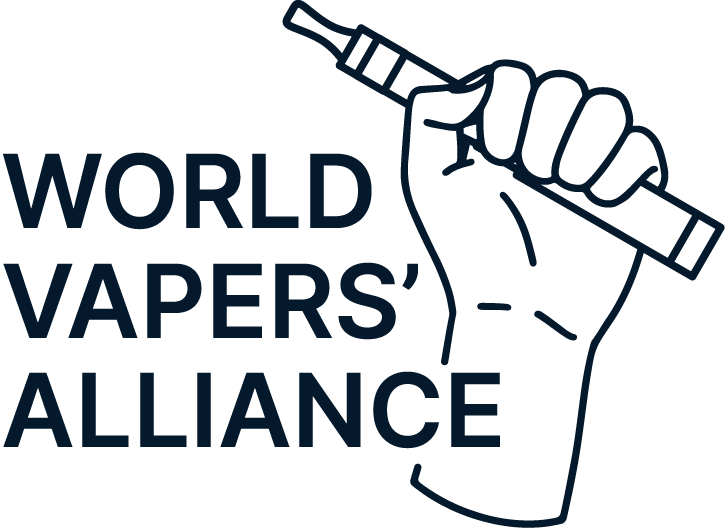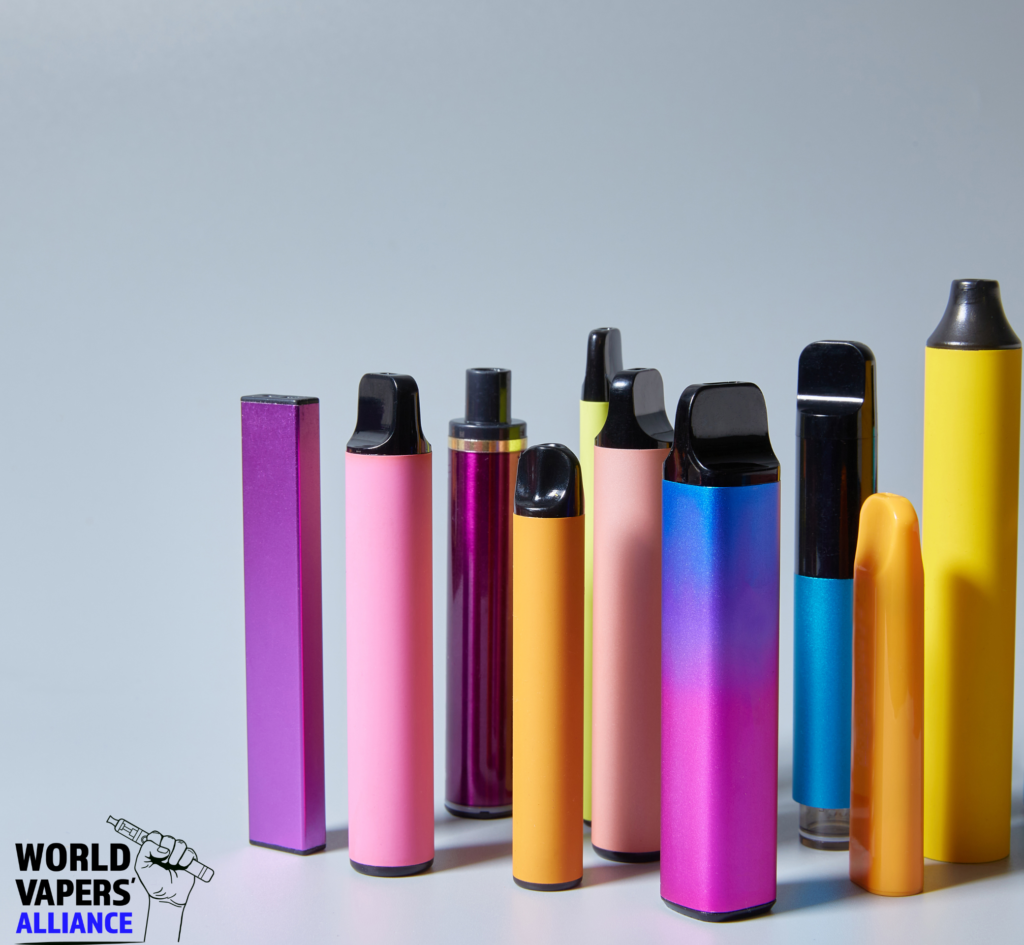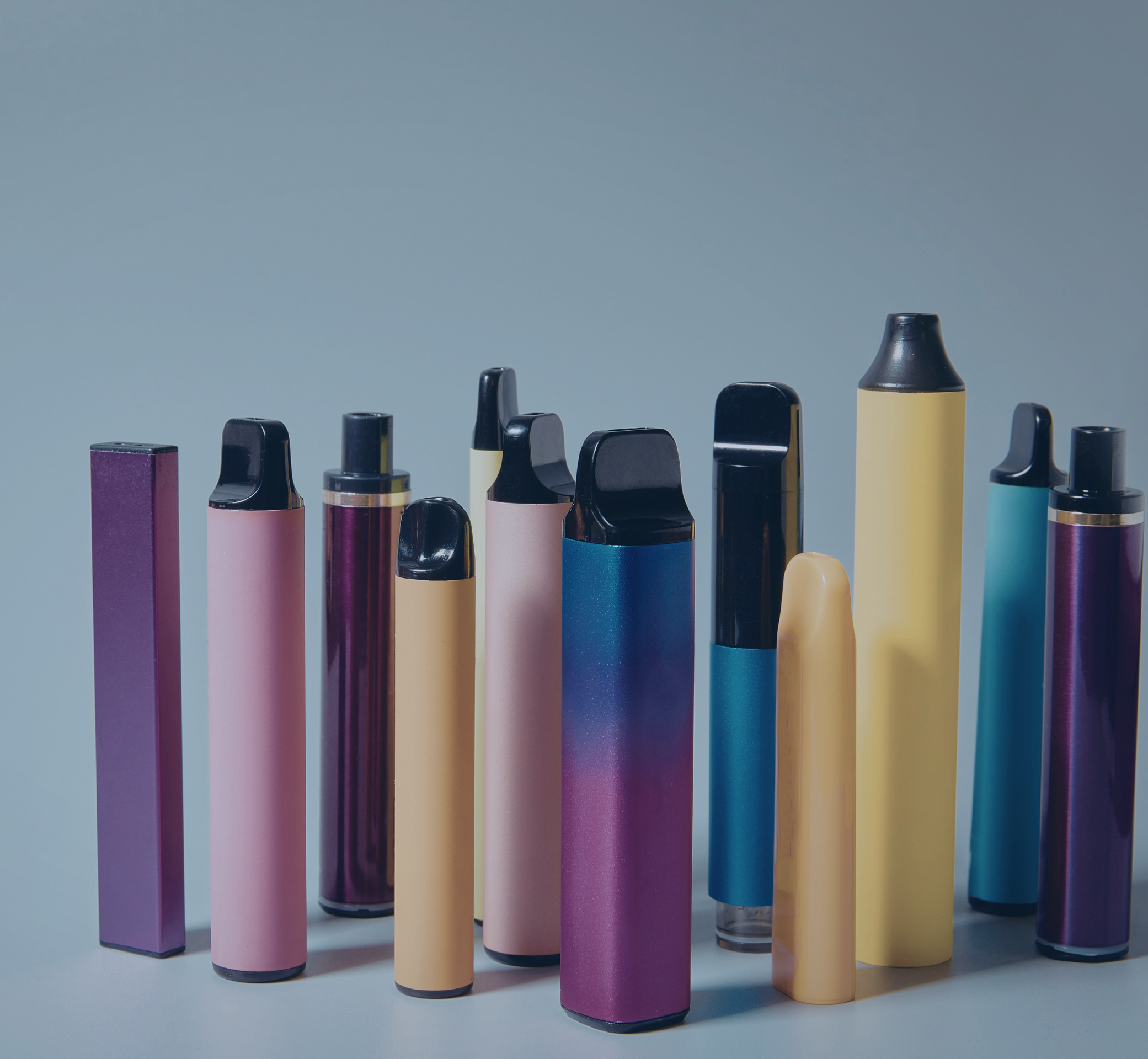Thailand steht vor der großen Herausforderung, die Raucherquote zu senken und die schädlichen Auswirkungen des Rauchens auf die öffentliche Gesundheit einzudämmen. Das Land hat eine große Anzahl von Rauchern, und die Raucherquote ist hoch. nicht verringert Seit über zehn Jahren. Während andere Länder und führende Gesundheitsbehörden weltweit die Instrumente zur Schadensminderung, wie beispielsweise das Dampfen und der Konsum von oralem Tabak, akzeptiert und eingesetzt haben, um die Schäden des Rauchens zu verringern, hat Thailand immer noch einige der strengsten Gesetze für Personen, die beim Dampfen erwischt werden. Der Besitz von E-Zigaretten führt zu hohen Geldstrafen und sogar Gefängnisstrafen.
Vom Ausschuss für öffentliche Gesundheit vorgeschlagene Maßnahmen zur Schadensminderung
Der Verbot des Dampfens Die Situation im Land hat sich weiter verkompliziert und Probleme wie unklare Gesetzeslage, unterschiedliche Gesetzesauslegungen und Schwarzmarkthandel verursacht. Es gibt jedoch endlich Hoffnung, da der Ausschuss für öffentliche Gesundheit schlägt vor Regulierung des Dampfens und damit verbundene Maßnahmen zur Angleichung an internationale Standards.
Dr. Ekkapob Pianpises, ehemaliger Abgeordneter der Provinz Chiang Rai und Sprecher des Ausschusses für öffentliche Gesundheit, enthüllte kürzlich ein Bericht Der Bericht des Unterausschusses für die Untersuchung der Auswirkungen auf die Gesundheit und die Überwachung der Durchsetzung von Gesetzen im Bereich der öffentlichen Gesundheit des Ausschusses für öffentliche Gesundheit empfiehlt der Regierung, das Verbot von E-Zigaretten aufzuheben und Maßnahmen zur Schadensminderung in Verbindung mit den bestehenden Tabakkontrollmaßnahmen anzuwenden.
Gute Regulierung von Produkten zur Schadensminderung: Eine Lehre aus Schweden
Thailand ist nicht allein im Kampf gegen das Rauchen. Viele Länder weltweit verfolgen dasselbe Ziel. Einige Länder haben dabei bessere Ergebnisse erzielt als andere, doch Schweden sticht als herausragendes Beispiel hervor. Schwedens Erfolg, das erste rauchfreie Land der Welt zu werden, ist eine inspirierende Tatsache, die die Aufmerksamkeit von Experten für öffentliche Gesundheit weltweit auf sich gezogen hat. Dank fortschrittlicher Regulierungen für Snus und E-Zigaretten hat Schweden … niedrigste Raucherquote Schweden ist das einzige Land in der EU, das auf dem besten Weg ist, das EU-Ziel der Rauchfreiheit zu erreichen. In den letzten zehn Jahren ist die Raucherquote in Schweden gesunken. Rückgang um 55% und Todesfälle im Zusammenhang mit dem Rauchen sind 22% unteres in Schweden als der EU-Durchschnitt.
Dampfen ist in Schweden erlaubt und wird zusammen mit dem rauchlosen Tabakprodukt Snus häufig als Hilfsmittel zur Raucherentwöhnung eingesetzt. Das schwedische Modell fördert die Verwendung von E-Zigaretten oder Snus als weniger schädliche Alternativen zum Rauchen. Der Konsum und Verkauf von E-Zigaretten ist völlig legal, und die Geräte können rezeptfrei erworben werden. Es gibt eine Vielzahl von Geschmacksrichtungen und viele weitere Optionen. Schlüsselkomponente Für diejenigen, die mit dem Rauchen aufhören möchten, gibt es ebenfalls Angebote.
Die schwedischen Erfahrungen belegen, dass eine gute Regulierung von Produkten zur Tabakschadensminderung und Anreize für Raucher, auf weniger schädliche Alternativen umzusteigen, der einzig wirksame Weg sind, die Raucherquote und damit auch die rauchbedingten Krankheiten zu senken. Thailand und andere Länder mit hohen rauchbedingten Sterblichkeitsraten können viel von Schwedens Erfolg lernen.
Vorteile der Legalisierung des Dampfens: Ein sichereres Umfeld für alle
Als WVA sind wir der festen Überzeugung, dass die Aufhebung des Verbots von E-Zigaretten und die Förderung des Umstiegs erwachsener Raucher auf weniger schädliche Alternativen im Mittelpunkt der thailändischen Tabakkontrollstrategie stehen müssen. Wir loben den Ausschuss für öffentliche Gesundheit ausdrücklich für diesen wichtigen Schritt zum Schutz der öffentlichen Gesundheit, der mit dem Vorschlag zur Aufhebung des Verbots einherging.
Durch die Aufhebung des Verbots könnte die Regierung sicherstellen, dass die von Dampfern verwendeten Produkte sicher und von hoher Qualität sind. Dieser Schritt käme nicht nur den derzeitigen Dampfern zugute, sondern würde auch Raucher zum Umstieg auf das Dampfen animieren. 95% weniger schädlich Alternative zum Rauchen. Die Legalisierung des Dampfens wird auch die Belastung von Nichtrauchern durch Passivrauchen verringern und so ein gesünderes Umfeld für alle schaffen.
Wenn Thailand das Rauchen besiegen und die Raucherquote senken will, sollte es sich an Schweden orientieren und deren Strategien übernehmen. Die Entscheidung, das Dampfen schrittweise zu regulieren, wäre ein entscheidender Schritt für das Wohlergehen der thailändischen Bevölkerung. Laut Bericht, Wenn die Regierung den Bericht des Ausschusses berücksichtigt und seine Vorschläge und Richtlinien unverzüglich umsetzt, wird dies die Zahl der Todesfälle im Zusammenhang mit dem Rauchen verringern und etwa 21.400 Leben retten.
MEHR ÜBER THAILAND UND DAS DAMPFEN:
Die Verbote des Dampfens helfen den Rauchern in Thailand nicht. Was kommt als Nächstes?
Leitfaden für Dampfer: Thailand
Thailand begibt sich auf den gefährlichen Weg, schadensmindernde Alternativen abzulehnen.








Eine Antwort